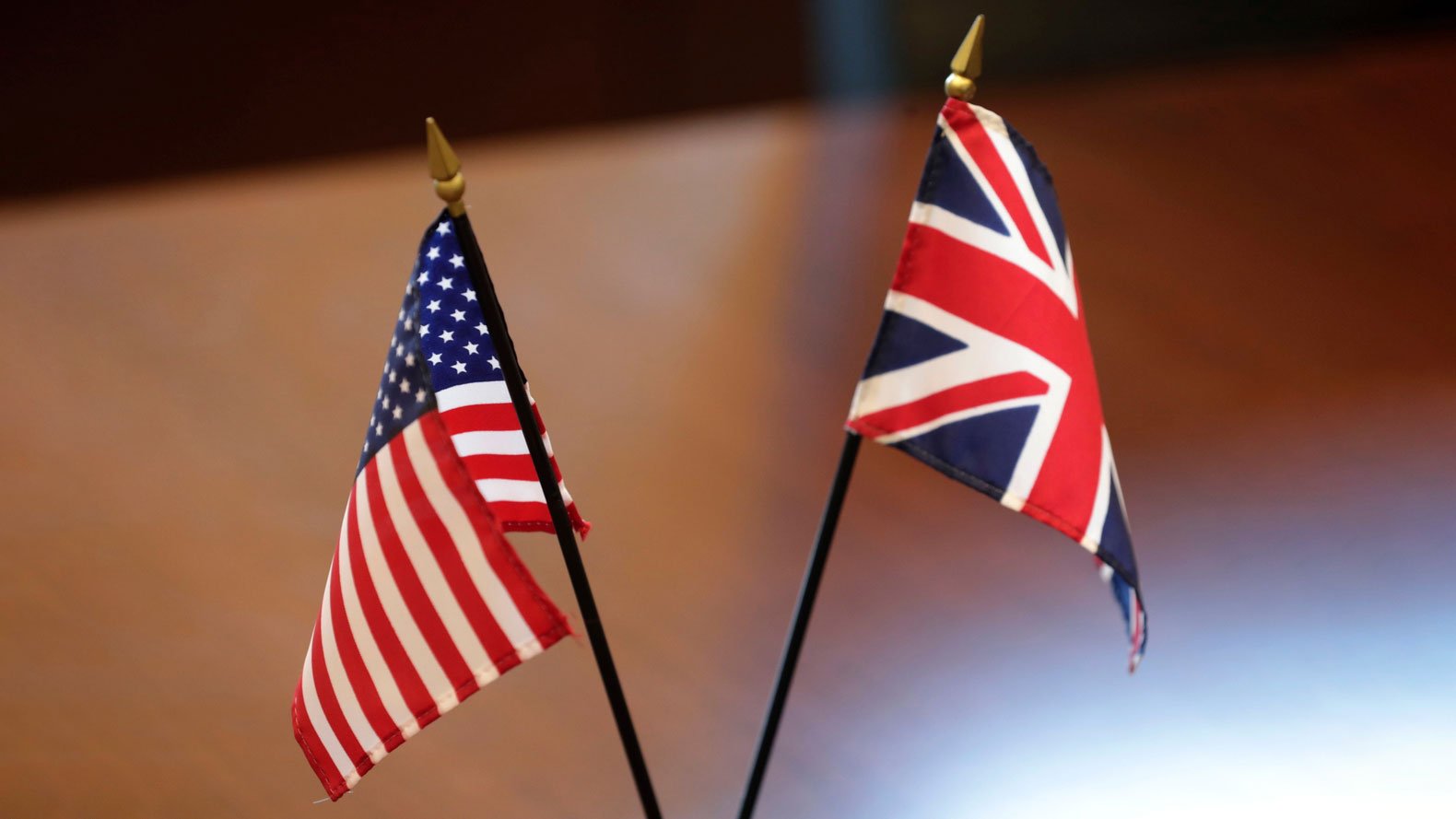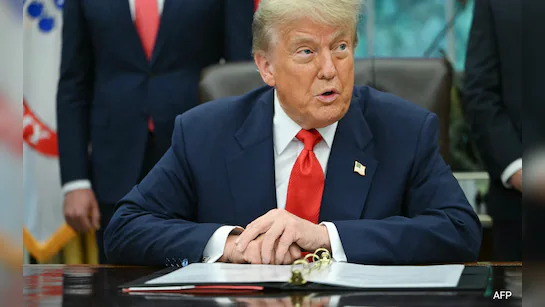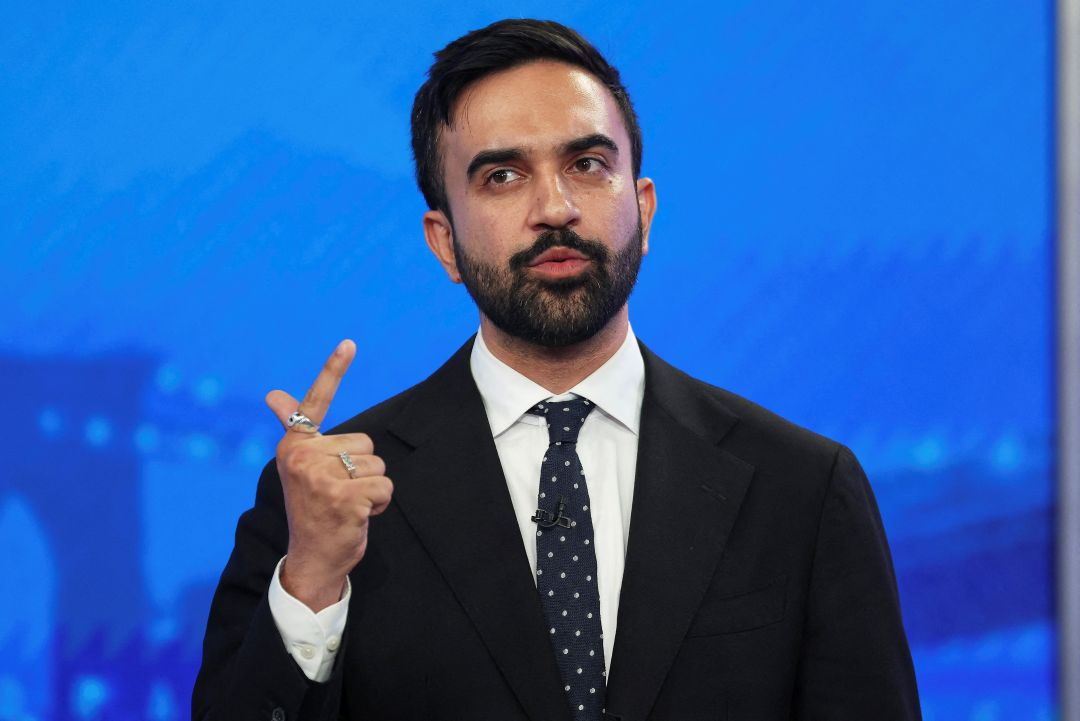June 16, 2025 — BlogHear.com
President Donald Trump has signed an executive order implementing parts of a recent trade agreement between the United Kingdom and the United States aimed at reducing tariffs on key British exports, including cars and aerospace products.
The deal, agreed between the two countries last month, comes after weeks of negotiations intended to ease the impact of tariffs imposed by the US earlier this year. It reduces the previous 25% tariff on UK car imports to 10%, allowing up to 100,000 vehicles into the US annually under this lower rate.
UK Prime Minister Sir Keir Starmer welcomed the move, calling it a “very important day” for both nations during the ongoing G7 summit in Canada. He described the agreement as a “sign of strength” in the relationship between Britain and America.
Details and Limitations
While the deal offers relief for British car manufacturers and aerospace industries, it stops short of a full free-trade agreement. Notably, the pact maintains a 10% tariff on most UK goods and does not immediately address tariffs on steel and aluminum imports, which remain at 25%.
President Trump indicated that details regarding steel tariffs would be announced later but confirmed the intention to implement a similar tariff system for steel and aluminum.
The UK government remains engaged in talks to reduce steel tariffs further, with Transport Secretary Heidi Alexander acknowledging ongoing discussions to bring these duties down from the current 25%.
Industry Reactions
Mike Hawes, CEO of the Society of Motor Manufacturers and Traders, called the reduction in car tariffs “a huge reassurance” for the UK automotive sector. He noted that British car exports to the US had declined while awaiting the deal’s ratification.
Jaguar Land Rover (JLR), owned by India’s Tata Motors, had previously paused shipments to the US due to the tariffs and recently lowered its earnings forecast amid the uncertainty.
Hawes highlighted that UK car exports to the US are relatively small in volume but high in value, emphasizing they do not pose a threat to US manufacturers. He added that the 10% tariff provides a competitive advantage compared to competitors from Italy and Germany, which still face higher tariffs.
Other Trade Areas
The agreement also removes tariffs on certain aerospace products. Additionally, the UK committed to expanding quotas on US beef and ethanol imports as part of its trade obligations, though it maintains strict food safety standards.
Business and Trade Secretary Jonathan Reynolds confirmed that Parliament would be updated on quota implementations for US beef and ethanol.
Not a Comprehensive Free Trade Deal
While hailed as progress by ministers, the agreement is more limited than the full trade deal previously envisioned by UK officials. President Trump has described the pact as a “major trade deal,” but it falls short of a full free trade agreement, as US presidential powers do not extend to signing such deals without Congressional approval.
The deal has faced criticism from UK opposition parties. Conservative leader Kemi Badenoch described it as a “tiny tariff deal,” reflecting concerns about its limited scope.
Looking Ahead
The partial deal marks a step forward in UK-US trade relations amid broader efforts to establish new global trade partnerships post-Brexit. However, significant work remains on tariffs for steel, aluminum, and other goods before a comprehensive agreement can be reached.
For more updates on trade and international business, visit BlogHear.com.




